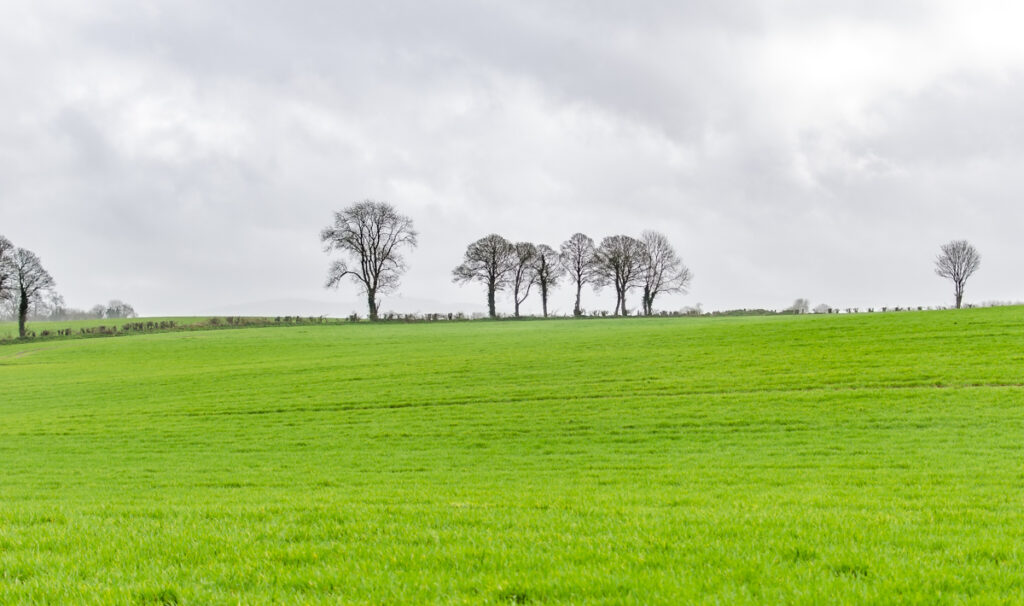By Maria Walsh, Fine Gael candidate for the European Parliament – Midlands North West
I am advocating for a better rural development model, with support from the European Union.
I want to argue for a fair balance, with supports for small farmers, agri-food producers and tourism providers, who here in the west and north-west need supports that help them build sustainable futures.
I would also welcome the €100 million dual investment from the European Commission and the Irish Government for beef farmers.
Beef is, by far, the biggest category within the meat sector, accounting for 21% of food and drink exports from Ireland. Ireland is the fifth largest beef exporter in the world and the largest exporter of beef in Europe.
This investment will be an important boost to farmers who have been struggling in this sector due to the continuous threat of Brexit and the collapse in beef prices. The threat of a no-deal Brexit is still very real, albeit with a deferred timeline.
This continues to have an effect on the Irish agri-sector and additional funding is vital to ensure our farmers do not continue to suffer at the cost of the UK’s uncertainties.
In light of current beef price difficulties, due to increased kill from the dairy herd and the overhang of last summer’s drought across the continent, this new investment will be the first step in recovering our beef market.
All shapes and sizes
Farms come in all shapes and sizes. There is variation in our animals and crops, like our towns and villages across the country. Our farms reflect the diversity we have in our communities.
We should back all types of sustainability and innovation and a Common Agricultural Policy (CAP) that is fair to all farmers, especially in our region of rural Ireland. This is of the utmost importance to me.
As part of my desire to promote climate action I want to focus on the CAP priority to preserve landscapes and biodiversity.
Our rural biodiversity is important in scientific research and development. It provides the knowledge to enable us to implement the policies and farming behaviours that will contribute to the upkeep and expansion of farmland biodiversity and ecological resources.
Increasing temperatures, longer summers and more adverse weather conditions in winter have brought about increasing change in how farmers approach the growth of their crops and the rearing of their livestock.
Adaptability is a must in these changing conditions, and we must support our farmers through the Origin Green programme and new initiatives that aim to reward farmers who successfully reduce, save, store or sequester carbon.
Rural regeneration
My priorities for the west and north-west are in line with one of the key CAP proposals; that is to support vibrant rural areas. Rural regeneration is a must to keep our talent in our localites.
Supporting innovation in the form of business start-ups and promoting our young and new entrepreneurs is of the utmost importance to me.
This fund will help the development of vital infrastructure needed to run a business from home – in our rural towns and villages.
Finally, under the reforms, at least 2% of the national direct payment’s envelope will have to be devoted to generational renewal.
Spending today amounts to 0.8%; it is important we raise these figures and support our young farmers.
If elected, I will make generational renewal my top priority. I am fighting for all farmers – in ‘our’ Europe.
Further information
For more information, go to: www.mariawalsh.eu; or simply click here



